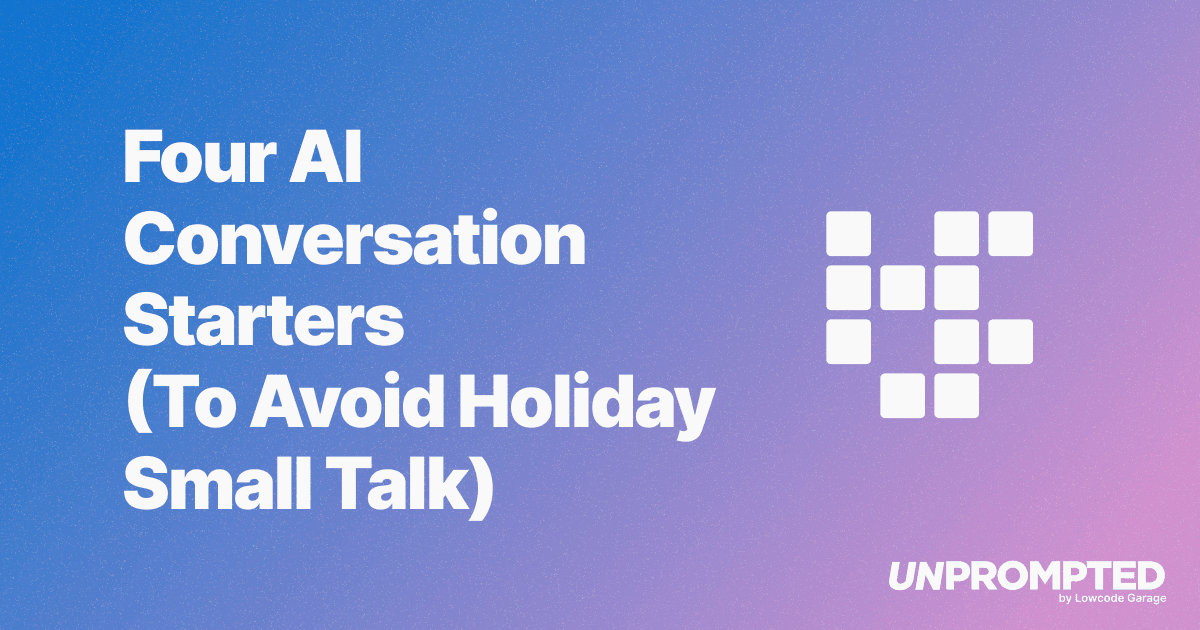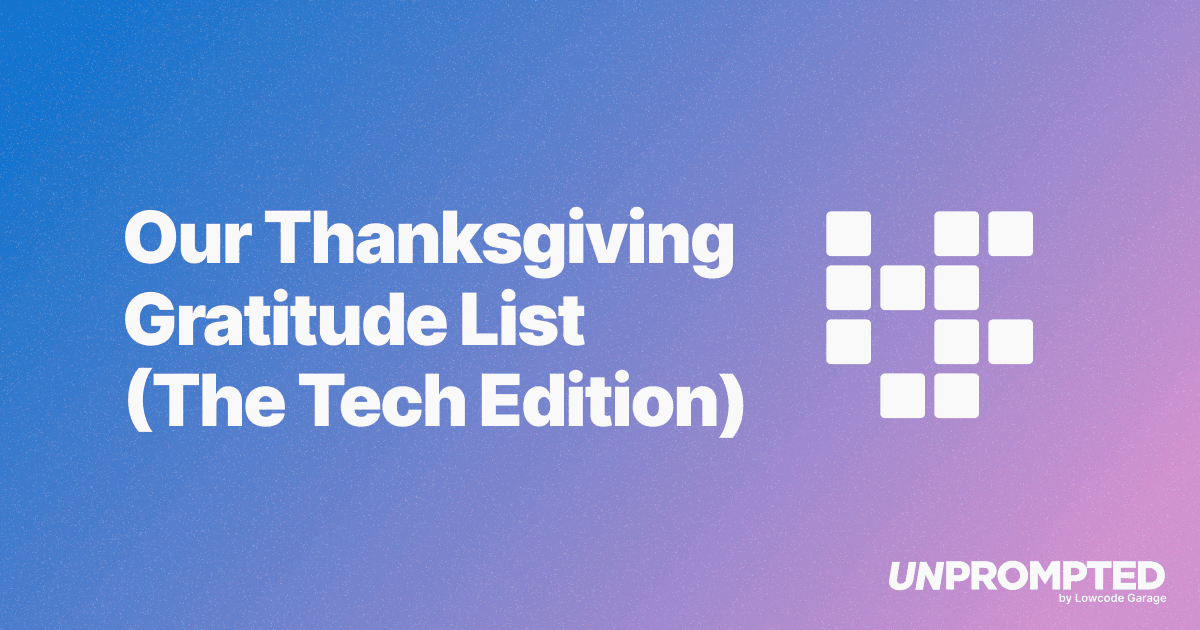Even YC Founders Are Building This Way: How to Launch a Startup MVP Without VC Funding
Discover the AI-powered workflow that's helping startups launch faster and cheaper than ever before - even if you're bootstrapping.
They're the smartest founders in tech — and they're shipping with AI.
In Y Combinator's Winter 2025 batch, 25% of startups built products using 95% AI-generated codebases. These are technical founders. Silicon Valley's elite. They can write code, hire engineers, and build from scratch.
But they're choosing AI-first development workflows — because it's faster, cheaper, and scales better.
The Old Way of Building Startups Is Broken
In the traditional startup playbook, building an MVP looked like this:
- Hire a 3–5 person team
- Spend $250,000 to $500,000
- Take 3–6 months to launch
- Burn investor capital before reaching users
- Pitch for VC funding just to stay alive
That model worked in a different era — one where software was slower, tools were clunkier, and shipping meant hiring up fast.
But in 2025, startups don't need big budgets to launch big products and find their first customers.
The New AI-First Startup Stack
The smartest builders — including those in Y Combinator — are using lightweight, AI-powered tech stacks to move faster with less.
Here's what they're using to launch faster than ever:
- Cursor – An AI-native code editor that writes and edits production-grade code
- Claude – Your AI thought partner, research assistant, and writing tool that generates clear, conversion-optimized landing page copy and product messaging
- Lovable – A website building and branding tool for naming, logo ideas, color palettes, and style guides
- Vercel or Netlify – One-click deployment platforms that make it easy to ship and iterate
With this stack, one founder can do the work of an entire product, engineering, and design team — without compromising quality.
Bootstrapping? This Stack Is Your Unfair Advantage
If you're building without outside funding, this workflow gives you everything you need to launch:
You don't need:
- A developer
- A designer
- A $100K+ runway
- Weeks of setup or onboarding
Instead, you can:
- Build your MVP in days
- Test your idea with real users
- Iterate based on feedback, not assumptions
- Focus on growth and traction — not overhead
For bootstrapped founders, this stack is your unfair advantage. It lowers costs, speeds up timelines, and helps you ship before most teams even finish onboarding.
Why Even VC-Backed Startups Are Going Lean
Founders with funding are choosing this AI-first approach — not out of necessity, but because it works better.
By reducing team size and overhead, they can:
- Launch faster
- Test more ideas
- Burn less capital and preserve runway
- Stay focused on product-market fit
And when you can build and ship an MVP in under a week, you move faster than competitors stuck in traditional product cycles.
VCs are now backing founders who demonstrate traction and speed, not just pitch decks. This workflow helps you get there.
Building Startups Today Means Building Smarter
Whether you're:
- Preparing to pitch investors
- Bootstrapping from zero
- Launching your first MVP
- Or scaling with a lean team
The path forward is clear: build smarter, not bigger.
AI-powered workflows are giving early-stage founders a serious edge. You don't need a $500,000 seed round or a dozen engineers to get your product in front of users.
You need:
- A clear idea
- A lightweight stack
- And the willingness to ship fast
Even YC founders are doing it this way — and now, so can you.
Final Takeaway
Forget the old assumptions:
- You don't need VC funding to build a startup.
- You don't need a full team to build a product.
- You don't need months to ship an MVP.
You just need to start — and start smart.
This is the future of startup building:
AI-powered, bootstrapped, and fast.
Frequently Asked Questions
Continue Reading

AI Is a Tool, Not a Strategy
Henry Kravis reminds us that AI is a productivity tool, not a strategy. Strong management, cultural fit, and operational fundamentals still determine whether businesses succeed or fail.

Four AI Conversation Starters (To Avoid Holiday Small Talk)
Four timely AI conversation starters covering federal vs state AI regulation, Opus 4.5 capabilities, physical AI in construction, and Michael Burry's bet against Nvidia—perfect for surviving holiday small talk.

Our Thanksgiving Gratitude List (The Tech Edition)
Discover the AI tools transforming how we build products at Lowcode Garage. From publishing content with Claude Desktop to building prototypes in weeks instead of quarters, here's our Thanksgiving gratitude list for the tech that makes it all possible.